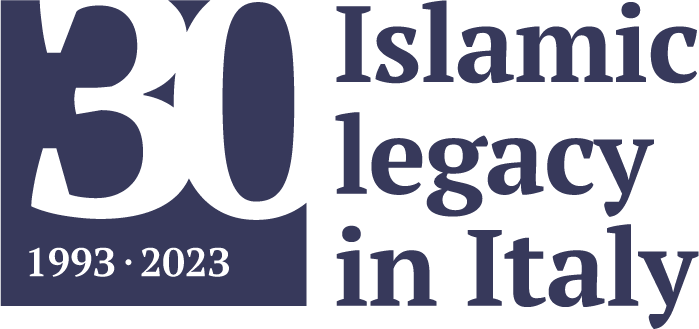Stabilità, sicurezza, sviluppo e identità. Ripensare lo spazio Euro-Mediterraneo in tempi di crisi.
July 7th, 2017
Sala del Tempio di Adriano – Chamber of Commerce of Rome
Rethinking the Euro-Mediterranean geopolitical space in turbulent times
A new agenda for stability, security, development and identity
9.00 a.m. – Registration
Chairman Eugenio OCCORSIO, Journalist at La Repubblica
9:30 a.m. – 9:45 a.m. – Introduction
Valerio DE LUCA, Director of the “Global Security and Foreign Affairs” Program, Center of American Studies-AISES
9:45 a.m. – 11:15 a.m. – Panel 1. Stability and Security
- Prof. Michel KORINMAN, Professor Emeritus of Geopolitics at Sorbonne University
- Amb. Hassan ABOUYOUB, Ambassador of Morocco to Italy and former Ministerof Commerce and Investment
- Amb. Giulio TERZI DI SANTAGATA, Ambassador and former Italian Minister forForeign Affairs
- Min. Plen. Enrico GRANARA, Coordinator of Euro-Mediterranean MultilateralActivities at Italian MFA
- Mr Hervé JUVIN, French writer and essayist11:15 a.m. – 11:45 a.m. Coffee break
11:45 a.m. – 1:15 p.m. – Panel 2. Development and Identity
- Enrico GIOVANNINI, former Italian Minister of Labour, Spokesperson of the Italian Alliance for Sustainable Development (ASviS)
- Yayya PALLAVICINI, President of the Islamic Religious Community of Italy
- Mons. Pierpaolo Felicolo, Director of the Migrantes Foundation Office of theVatican Roman Diocese
- Edin MUJAGIC, economist, The Monetary Kring, The NetherlandsLunch at the Carré Français
Euro-Mediterranean integration is moving towards turbulent times. Many things have changed for the worse since 13th july 2008, when the Union for the Mediterranean was created in Paris. Today, the 20 years old Barcelona Declaration (1995), that set the goals of stability, security, peace and prosperity for the whole Euro-Mediterranean space, seems a distant dream.
The European Union itself is not so “prosperous, secure and free” as it was proudly announced in 2003 in Solana’s European Security Strategy and a number of internal and external crisis are putting at risk the political fabric of the Union. The effects of an ungoverned globalisation have transformed the Euro—Mediterranean space in something different from what we were used to, changing the geopolitical environment of the old developmental strategies. The traditional gaps between the Northern and Southern shores, in the democratic, development and security fields have remained or increased, while the region is still economically extremely divided and the global economic crisis has reduced the financial instrument of Public Development Aid. The security situation deteriorated even further: while the Israeli – Palestinian conflict has not been solved, a number of new conflicts proliferated in the enlarged Mediterranean space in the Maghreb (Lybia), Mashreq (Syria), the Black Sea (Ukraine) and the Horn of Africa (Somalia and Yemen).
A huge inflow of mostly economic migrants from Sub-Saharian Africa are flocking towards the Mediterranean, smuggled by powerful organised criminal cartels that are arising as new power actors in a growing lawless environment, taking over sovereignty and territory from nominal states. Jihadists groups are spreading rapidly, filling the power vacuum, racketing the different criminal traffics, from drugs and weapons to – the most profitable of all – human beings. Slavery, with its inhuman business model, has returned to the Mediterranean shores, while EU anti-smuggling naval military operation is stuck to its search-and-rescue humanitarian assistance role.
At the same time, an unprecedented stream of foreign fighters has spread-out across the Mediterranean space directed toward ISIL global-jihadi proto-state, bridging the different terrorist organisations of North Africa and the Middle East with the radical segments of European diasporas. This new phenomenon, matched with the crisis of the European multicultural model, the decreasing legitimacy of governments and the advancement of political Islam, adds to the picture the uneasy question of how the Mediterranean countries can avoid a future of social unrest and identitarian conflicts between alternative social and political paradigms.

